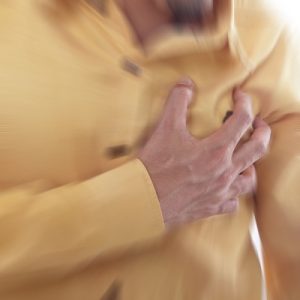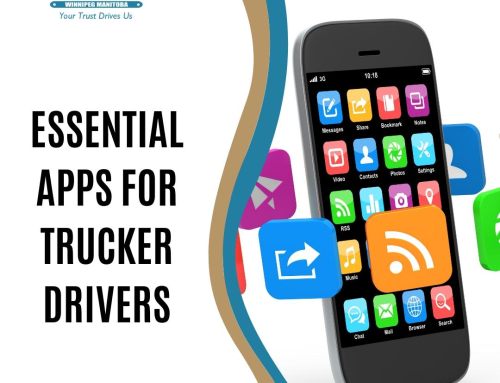 It is important to know the signs of a heart attack and what to do if you are experiencing any of they symptoms. This is not something to take lightly, thousands of people across North America die each year because they don’t get medical treatment quick enough.
It is important to know the signs of a heart attack and what to do if you are experiencing any of they symptoms. This is not something to take lightly, thousands of people across North America die each year because they don’t get medical treatment quick enough.
Knowing the early warning signs of heart attack is critical for prompt recognition and treatment. Unlike the dramatic portrayal of heart attacks in the movies, many heart attacks start slowly. A person experiencing a heart attack may not even be sure of what is happening. Although chest pain or pressure is the most common symptom of a heart attack, heart attack victims may experience a variety of symptoms that include:
- chest pain, a feeling of fullness and/or a squeezing sensation of the chest
- jaw pain, toothache, headache
- shortness of breath
- nausea, vomiting, and/or discomfort of the upper/middle abdomen
- sweating
- heartburn and/or indigestion
- arm pain (more commonly the left arm, but may be either arm)
- upper back pain
If you are experiencing any of these signs, you should:
CALL 9-1-1 or your local emergency number immediately, or have someone call for you. For obvious reasons you shouldn’t try to drive yourself to the hospital. It is best to call for an ambulance because emergency responders offer more than just a ride. They can give you oxygen, heart medications, and pain relievers; monitor your heart rhythm and vital signs; and transmit potentially lifesaving information to the hospital to get a jump start on tests and treatment.
Stop all activity and sit or lie down, in whatever position is most comfortable.
The 911 operator may advise you to take nitroglycerin (if it has been prescribed to you) or Aspirin as long as you are not allergic or intolerant. Do not take other pain medications such as acetaminophen or ibuprofen as these can increase your blood pressure. Do not substitute Aspirin for medical care.
Rest and wait for emergency medical personnel to arrive.
Image courtesy of hin255 at freedigitalphotos.net





